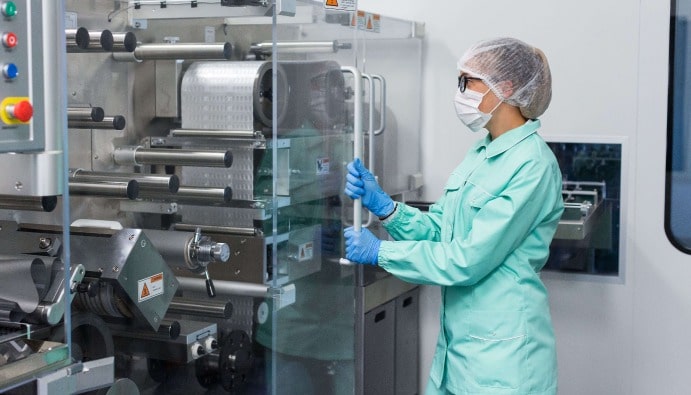Determination of Total and Respirable Dust: OHS
What is Total and Respirable Dust?

What is Total and Respirable Dust?
Dust consists of fine particles of a solid substance that can become airborne or settle on the ground. Dusts are divided into different categories according to their size, source and health impact:
- Total Dust: Refers to all particles suspended in the air. Its impact on human health depends on particle size and chemical content.
- Breathable Dust: Refers to particles below 10 microns and can reach the lungs. It can cause asthma, bronchitis and other respiratory diseases.
Within the scope of Occupational Hygiene, dusts are divided into three as Inhalable, Thoracic, Respirable.
What are the Effects of Dust on Occupational Health and Safety?
The harmful effects of dust depend on its concentration, chemical content and duration of exposure. Dust in the workplace can cause the following health problems:
- Respiratory Diseases
- Chronic obstructive pulmonary disease (COPD)
- Silicosis (especially in the mining and construction sector)
- Lung cancer (in case of contact with asbestos or other toxic substances)
- Skin and Eye Irritation: Dust particles may cause irritation on contact with skin or eyes.
- Explosive Hazards: Some dusts (e.g. flour, coal or metal dusts) can be explosive in certain concentrations.
Relevant Occupational Health and Safety Regulations
In Turkey and around the world, there are various standards and regulations governing the amount of dust in working environments:
- Turkey
- Occupational Health and Safety Law (Law No. 6331): Includes regulations to prevent worker exposure to harmful dust.
- Regulation on Combating Dust: Sets total and respirable dust limit values.
- International
- ACGIH (American Conference of Governmental Industrial Hygienists): Specifies occupational exposure limit values for respirable dust.
- OSHA (Occupational Safety and Health Administration): Requires control of dust levels in working environments.
HSE-MDHS 14/3: General methods for sampling and gravimetric analysis of respirable dust
Methods to Reduce Dust Exposure
- Engineering Solutions
- Shutting down dust sources or installing filtration systems.
- Optimization of ventilation systems.
- Personal Protective Equipment (PPE)
- Dust masks, goggles and protective clothing.
- Regular Cleaning
- Regular cleaning of work areas to prevent dust accumulation.
- Training and supervision
- Training employees on the risks of dust and methods of protection.
- Conducting regular measurements and inspections.
Nanolab Laboratories Group continues to provide services within the scope of Determination of Total and Respirable Dust. We also provide services in Noise Measurement.
Contact us for more information.
You can follow us on LinkedIn for up-to-date news and posts about our services.
Follow our Instagram account to be informed about our latest blog posts.

